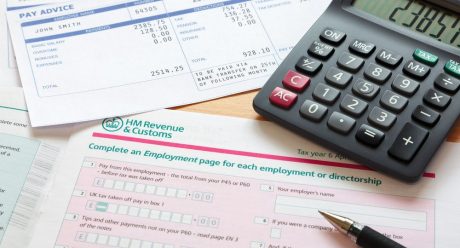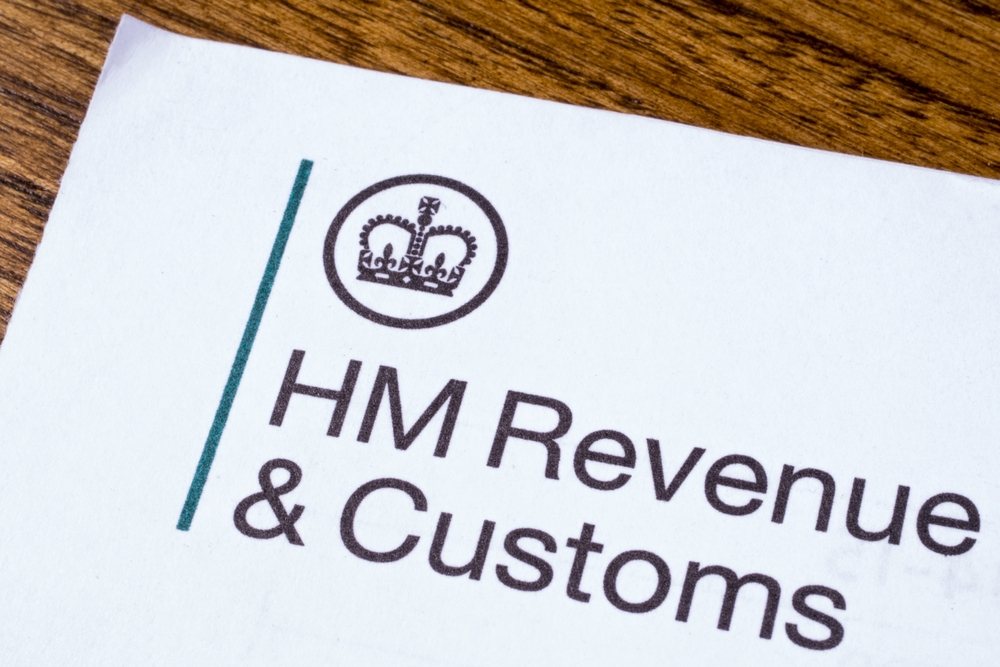HMRC’s “call for evidence” on enquiries and assessment powers, penalties and safeguards opened on 15 February 2024 and has raised more than a few eyebrows among tax practitioners. Partner Matthew Greene and associate barrister Guy Bud examine the update in HMRC’s Tax Administration Framework Review.
It is no secret HMRC has been dissatisfied about the scope of its investigative powers for some time. This is perhaps surprising given that HMRC’s powers have generally increased over the last decade or so.
No one would deny that the current system has room for improvement. A sense of dissatisfaction is apparent among many taxpayers and professional advisors. The current rules are complex and littered with unnecessary subtle (and not so subtle) differences between the taxes. Most people want comprehensible rules that allow HMRC to collect underpaid tax while providing safeguards guaranteeing fairness and legal certainty.
Consultation and reform
After several years of discussion, a 10-year strategy on tax administration was announced in July 2020 with the aim of creating “a tax system fit for the challenges and opportunities of the 21st century”. Alongside the emphasis on new digital reporting, the strategy document also set out proposals for reform to tax administration in far-reaching terms:
“The new framework needs to be flexible to adapt to changing circumstances and responsive enough to enable targeted support for taxpayers across the different tax regimes, while providing appropriate safeguards for taxpayers. There is an opportunity to create a simpler, more transparent framework that helps build greater trust and provides greater certainty for taxpayers.”
Nothing here is likely to cause disagreement. However, there was little detail about what these new measures would involve beyond a general emphasis on simplification and smarter use of data. More tangible proposals have subsequently been raised in consultations within the scope of the Tax Administration Framework Review (TAFR), which concluded last year on the issues of “information and data” and “creating innovative change through new legislative pilots”.
The latest TAFR call for evidence published on 15 February 2024 deals with “enquiry and assessment powers, penalties, safeguards” and is, in some respects, the most important to date. The consultation is divided into three parts dealing, respectively, with “enquiries and assessment powers”, “penalties”, and “safeguards”, in total raising 31 separate questions for discussion.
Enquiries and assessment powers
In the field of enquiries and assessment powers, the call for evidence raises the prospect of several changes:
- A regime of “consistent powers across tax regimes” and the eradication of “potential gaps or mismatches” between existing regimes. A particular concern appears to be the lack of provision for consequential amendment in income tax self-assessment, which would allow HMRC to amend other tax returns where an error is discovered.
- Change to the conditions for issuing an assessment or discovery assessment with the aim of reducing uncertainty about when such an assessment is permissible. One tentative suggestion is removing any conduct or knowledge requirement in favour of a simple time-based standard.
- Reform the tax relief and credits process in favour of a “grant-type model” structured around an “application – decision – appeal” approach rather than “pay now, ask questions later” as is currently the case.
Although all these suggestions (they are not quite “proposals” yet) merit consideration, it is striking how far the “certainty and clarity” they emphasise disproportionately benefit HMRC through the removal of safeguards or assumptions that exist primarily for the taxpayer’s protection.
This is particularly true of the removal of behavioural or knowledge conditions needed to issue discovery assessments, which are dismissed in this document as “a source of disputes and litigation”. The existence of disputes and litigation is hardly a sound justification for removing these important protections. On the contrary, the fact there are disputes suggests HMRC’s assessment powers are not always applied properly and that these safeguards serve a crucial role in upholding fairness in the tax system.
Penalties
A similar picture emerges on penalties. The consultation raises a range of proposals, including:
- Aligning penalties across all tax regimes and moving beyond the existing harmonisation of late filing, late payment, failure to notice and inaccuracies. One suggested example is penalties for failure to keep records.
- Simplifying existing behavioural penalty regimes to make them “easier to understand and administer” and ensure they impact taxpayer behaviour. One suggestion seems to be for inaccuracy penalty liability to be based on the taxpayer’s cooperation and compliance history rather than their conduct. This would be a radical departure from the current approach, where liability to penalties broadly depends on taxpayer culpability, whether careless or deliberate.
- Reforming penalty suspension, perhaps introducing automatic suspension for the first non-deliberate failure over a pre-determined period without the need for conditions to be negotiated on a bespoke basis.
- Reforming fixed penalties such as late filing so that they are more punitive and guarantee compliance. Such penalties might, in particular, be fixed as a percentage of the taxpayer’s taxable income, resources or tax liability. Another “opportunity” is the automatic uprating of fixed penalties to keep pace with inflation.
- Automatic penalty escalations for continued or repeated non-compliance. The idea is that the taxpayer’s conduct after being made aware of a failure should be taken into account, which would allow repeat offenders to be penalised.
Some of these proposals will likely be welcomed, especially in relation to the inconsistent and uncertain system for penalty suspension. However, the overall tone of the discussion looks to be focused on making the regime tougher. Any removal of the carelessness threshold for inaccuracy penalties seems certain to lead to unfair outcomes for taxpayers.
There is discussion of creating new penalties to discourage new forms of “undesirable” behaviour in areas not currently penalised, including in relation to “carelessness by agents” or “adoption of unreasonable tax positions”.
Safeguards
The final section on taxpayer safeguards is the shortest of the three but again raises the prospect of potentially significant changes. This includes aligning indirect and direct taxes when it comes to the requirement to pay the tax upfront pending an appeal. There is also a suggestion that access to statutory internal reviews should be limited in some cases where it is perceived as being abused (for example, in relation to mass marketed avoidance schemes).
Comments
Although it seems that far-reaching changes may be on the horizon, we must remember we are at an early stage. Whatever reaches the statute book will likely look very different from the current tentative proposals for consultation. At this stage, the most interesting conclusions come from what the call for evidence suggests about HMRC’s general priorities and preferred approach. At present it seems the emphasis is making the system easier to administer from HMRC’s perspective. It must be hoped that this does not come at the cost of fairness to taxpayers.
You can find further information regarding our expertise, experience and team on our Tax Litigation and Resolution page.
If you require assistance from our team, please contact us.
Subscribe – In order to receive our news straight to your inbox, subscribe here. Our newsletters are sent no more than once a month.





